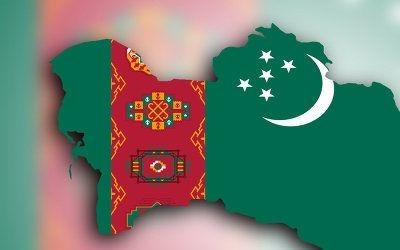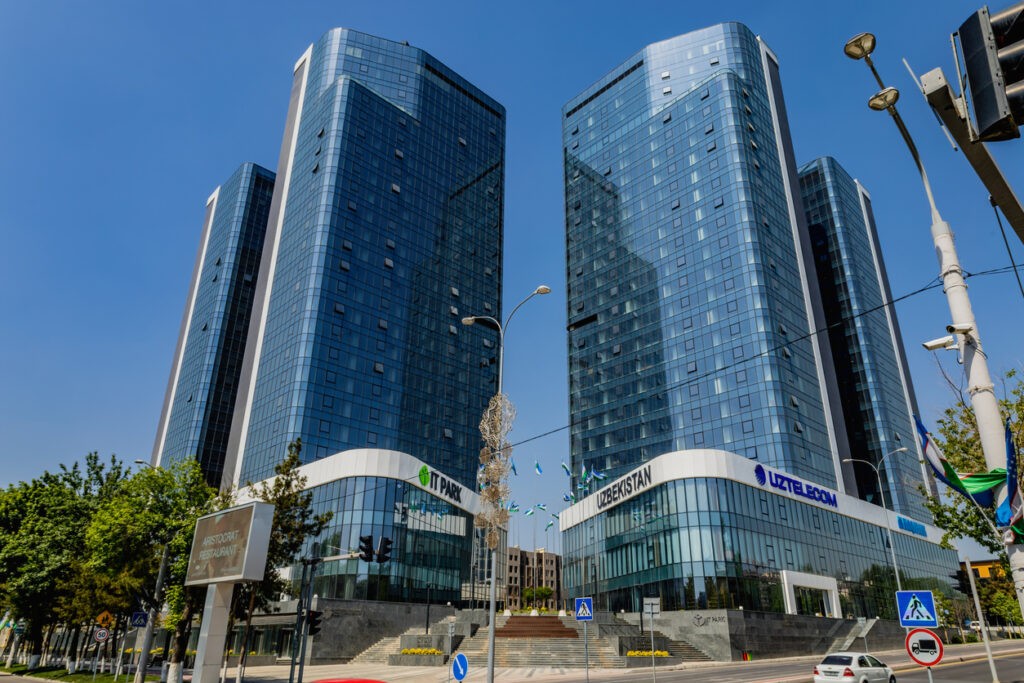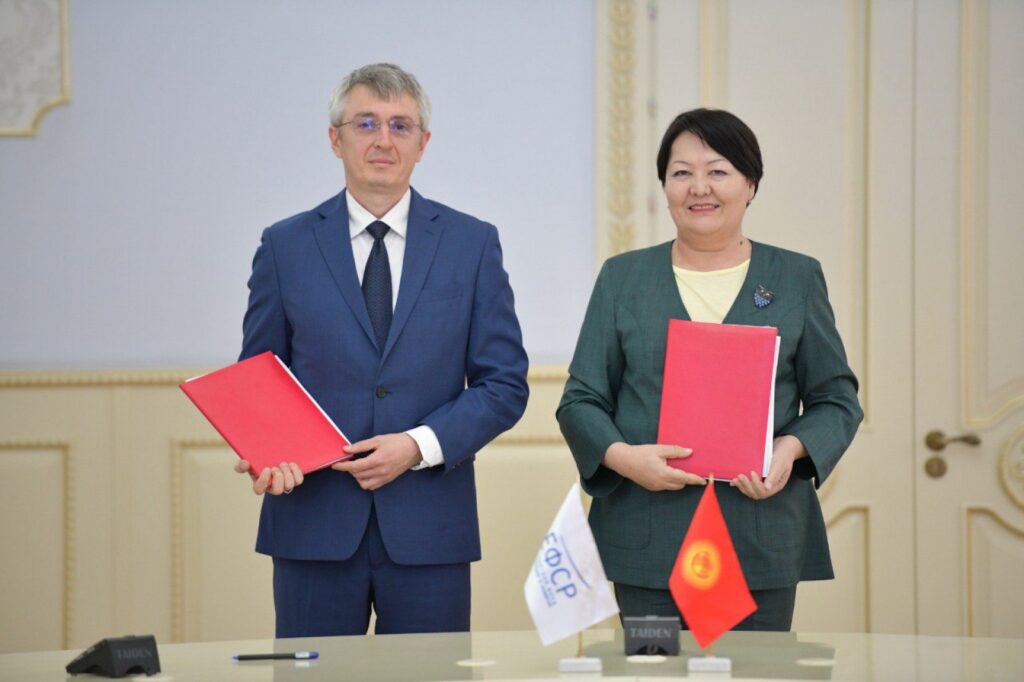ASHGABAT (TCA) — Turkmenistan’s economy has slowed because of declining public investment and a more active use of foreign exchange regulations, which have weighed on private investment and consumption, according to a statement issued by Ms. Natalia Tamirisa, head of an International Monetary Fund (IMF) mission that visited Ashgabat during March 26-April 9 to assess macroeconomic and financial developments and discuss economic challenges and policy priorities with senior government officials, representatives of the business and financial sectors, and the diplomatic community.
“The resulting significant decline in imports, together with higher-than-expected hydrocarbon prices, have turned the external balance into a surplus. The improvement in the external balance is likely to be temporary, given that the official exchange rate remains above the equilibrium value, investment is expected to rise, and the outlook for hydrocarbon prices is subdued. Risks are tilted to the downside, stemming from the possibility of lower-than-expected return on past investment, rising external financing costs, and geopolitical and regional uncertainties,” the statement said.
“Achieving the authorities’ development goals without widening external imbalances requires improving competitiveness and currency convertibility, while further moderating public investment and credit growth. Adjustment measures should be carefully sequenced and accompanied by an assessment of their impact on the vulnerable and well-targeted social protection.
“Accelerating market-oriented reforms and building human capital are crucial to sustain and diversify economic growth and make it more inclusive. Key steps include privatizing state-owned enterprises, promoting competition, enhancing the rule of law, and reducing red tape. Phasing out import-substitution policies would make exports more competitive and help diversify the economy. Reducing directed cheap credit and reflecting the underlying risks in the bank lending terms would steer financial resources to the most productive use. Improving the education and health systems is also key, to nurture talent and skills needed to complement infrastructure investment.
“Better policy frameworks, including for management of public finances, debt, and investment, would improve policy effectiveness. Prudential regulation and supervision of banks should be strengthened and aligned with international standards to preserve financial stability and integrity. Improving governance further would reduce corruption risks as well as improve business and investment climate. In this context, Turkmenistan’s participation in the World Bank’s cross-country project on Doing Business indicators would be useful. Improving access to internet and increasing the use of digital technologies is also important.
“Further improvements in the availability, quality, and reliability of the economic statistics produced by official institutions and greater transparency in data and government regulations are crucial to encourage private investment and improve access to financing alongside supporting decision-making and credibility,” the statement concluded.








